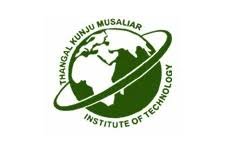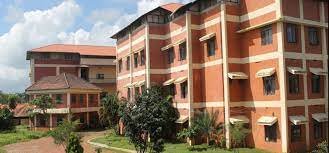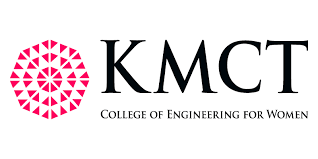Graduates have promising prospects in the healthcare industry, including roles in medical device design, diagnostics, and healthcare IT. They contribute to improving patient care and medical technology.
Exploring the Future Scope and Benefits of B.Tech Biomedical Instrumentation
A Bachelor of Technology (B.Tech) in Biomedical Instrumentation is a specialized undergraduate program that integrates principles of electronics and instrumentation with medical science. This field focuses on the design, development, and maintenance of sophisticated instruments and devices used in healthcare settings for diagnostics, monitoring, and treatment. In this article, we will explore the future scope and benefits of pursuing a B.Tech in Biomedical Instrumentation.
B.Tech Biomedical Instrumentation Future Scope
1. Medical Device Industry:
Graduates in Biomedical Instrumentation are in high demand in the medical device industry, where they work on the design, manufacturing, and quality control of medical devices such as MRI machines, X-ray machines, and patient monitors.
2. Clinical Engineering:
Clinical engineers manage and maintain medical equipment in healthcare facilities, ensuring the safe and effective operation of devices used in patient care.
3. Biotechnology:
Professionals in this field can work on developing instruments for biotechnological applications, including genetic analysis, drug discovery, and bioprocessing.
4. Healthcare IT:
The healthcare sector relies on advanced instrumentation for electronic health records (EHRs), telemedicine, and health information systems. Graduates can work on developing and maintaining healthcare IT solutions.
5. Medical Research:
Graduates can contribute to medical research by developing specialized instrumentation for data collection, analysis, and experimentation in fields such as genomics, proteomics, and drug development.
6. Regulatory Affairs:
Regulatory affairs professionals ensure that medical devices and instrumentation comply with regulatory standards and approvals, a critical aspect of the industry.
B.Tech Biomedical Instrumentation Benefits
1. High Demand:
Biomedical Instrumentation professionals are in high demand across various healthcare and medical device industries, ensuring excellent career prospects and job security.
2. Technological Innovation:
Graduates have the opportunity to work on cutting-edge technology, contributing to advancements in medical instrumentation and healthcare solutions.
3. Contribution to Healthcare:
Professionals play a crucial role in improving healthcare outcomes by developing and maintaining state-of-the-art medical instrumentation.
4. Global Relevance:
The skills and knowledge gained are globally relevant, allowing graduates to work on healthcare projects worldwide and collaborate with international teams.
5. Versatility:
Skills gained in this field are transferable across industries, providing flexibility in career choices and global employment opportunities.
6. Job Diversity:
The field offers a wide range of career paths, from research and development to clinical engineering and healthcare IT, catering to diverse interests and skill sets.
7. Competitive Salaries:
Due to their specialized knowledge and skills, professionals in this field often command competitive salaries.
8. Contribution to Healthcare Innovation:
Graduates contribute to technological innovation in healthcare, ensuring access to advanced medical instrumentation and improved patient care.
 4 Years
4 Years
 Under Graduate
Under Graduate
 Engineering
Engineering
 Full Time
Full Time







 back
back